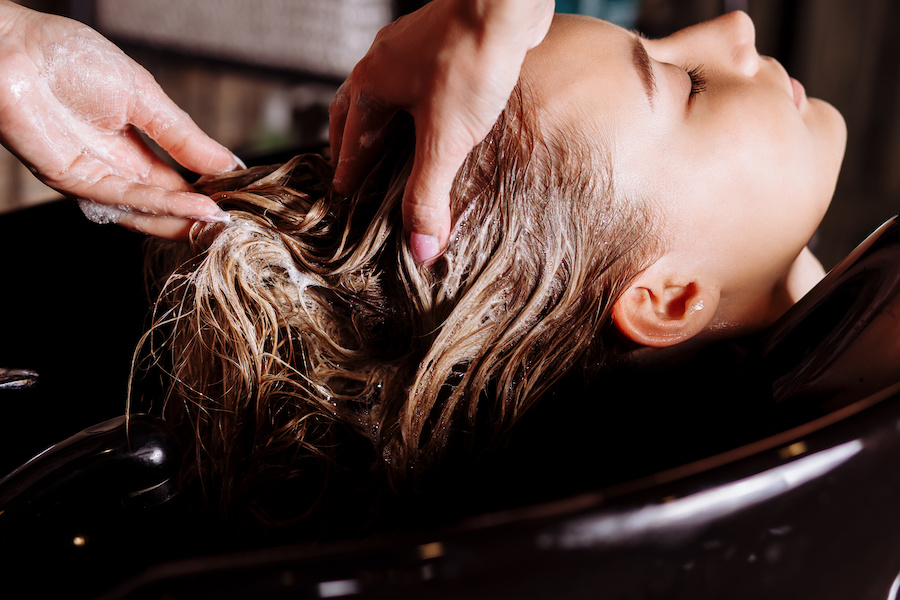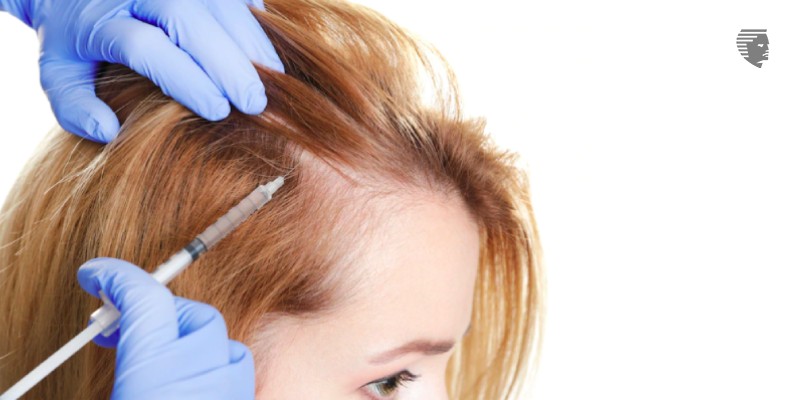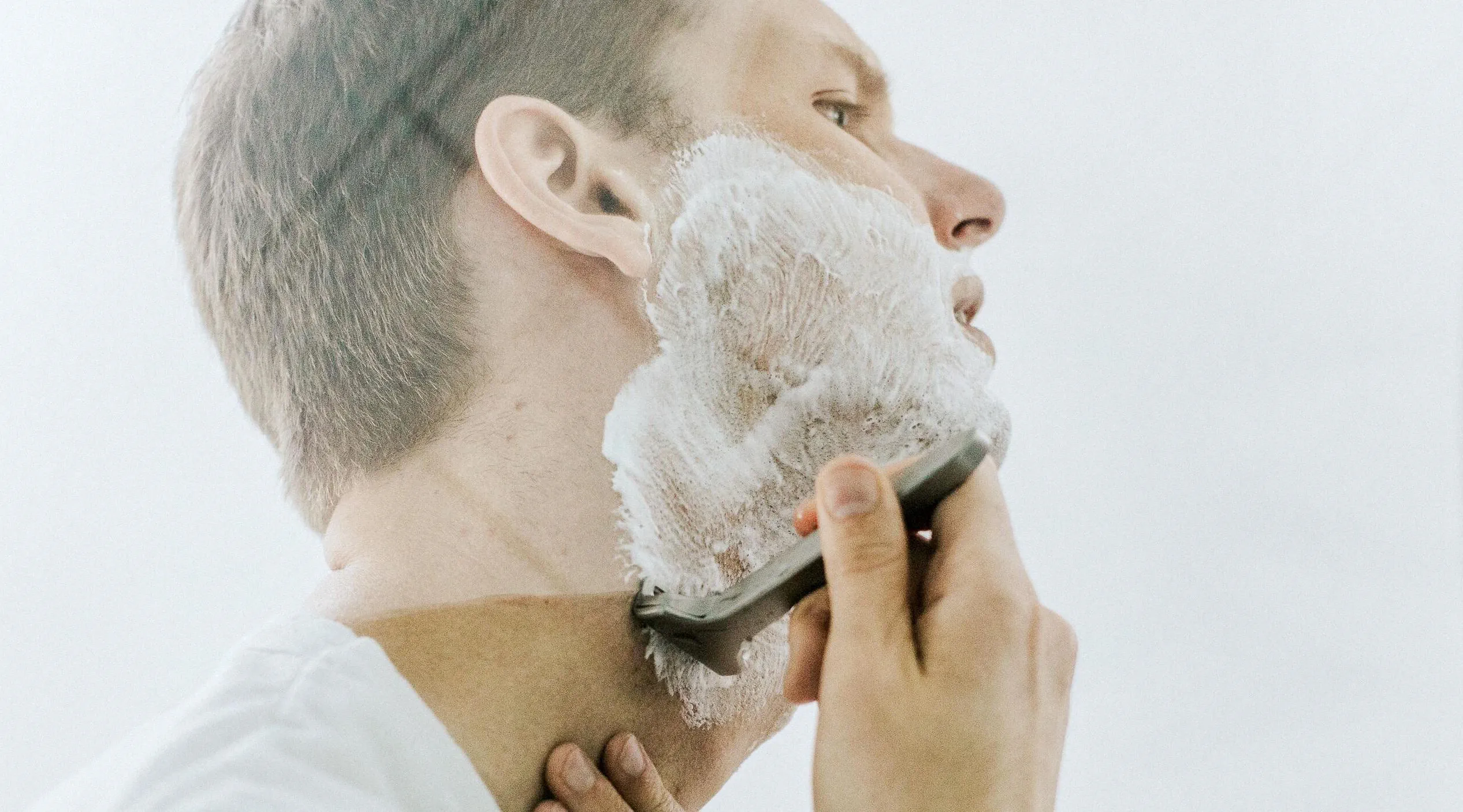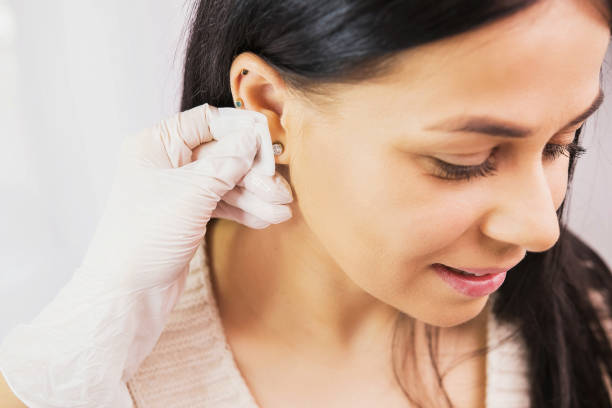The reason for avoiding conditioner before surgery, particularly if the surgery involves general anesthesia, is related to patient safety and reducing potential risks during the procedure.
Conditioners, especially those containing oils and other substances, can leave residue on the skin or hair. This residue might interfere with medical equipment, including electrodes used for monitoring vital signs or devices used during surgery.
Additionally, the residue from conditioner can make it more difficult for medical tape or bandages to adhere properly to the skin, which is crucial for maintaining a sterile environment and securing medical dressings post-surgery.
To ensure optimal conditions for surgery and reduce any potential complications related to residue or interference with medical equipment, patients are often advised to avoid using conditioner or any other hair products on the day of the surgery, following specific pre-operative instructions provided by their healthcare team.
What are Surgery Pre-Op Protocols?

Understanding surgical procedures, adhering to pre-operative protocols, and ensuring appropriate skin and hair preparation are essential elements that contribute significantly to the safety and success of surgical interventions. These measures collectively support the medical team in providing optimal care and achieving favorable surgical outcomes for patients.
Overview of Surgical Procedures
Surgical procedures encompass a broad spectrum of medical interventions conducted to treat various conditions. These interventions can range from minimally invasive procedures to complex surgeries involving multiple stages. Each surgery follows a specific protocol and technique tailored to the patient’s condition and the surgical team’s expertise.
Surgical procedures are categorized based on their nature (elective, emergency, reconstructive, etc.) and the area of the body they address (orthopedic, cardiovascular, neurological, etc.).
Pre-operative Protocols and Guidelines
Pre-operative protocols and guidelines refer to the comprehensive set of instructions and preparations that patients need to follow before undergoing surgery. These protocols are designed to optimize patient safety, minimize risks, and ensure successful surgical outcomes. They include a series of assessments, tests, and preparatory measures such as fasting guidelines, medication adjustments, and lifestyle modifications.
These protocols also involve consultations with various medical specialists, including anesthesiologists, surgeons, and nurses, to evaluate the patient’s health condition and readiness for surgery.
Importance of Skin and Hair Preparation
Skin and hair preparation before surgery is a critical component of the pre-operative process. It involves thorough cleansing and disinfection of the skin in the surgical area to minimize the risk of infections. Hair in the surgical site is often trimmed or removed to prevent interference with the surgical procedure and reduce the chances of contamination.
Proper skin and hair preparation help create a sterile surgical field, reducing the risk of surgical site infections (SSIs) and ensuring aseptic conditions during the operation. Additionally, maintaining optimal skin integrity contributes to the overall healing process post-surgery.
How Does Conditioner Composition Affect Surgery Prep?
The purpose of conditioner in hair care, its chemical composition, and the potential risks associated with its use before surgery emphasizes the importance of adhering to pre-operative guidelines.
Purpose of Conditioner in Hair Care
Conditioner plays a crucial role in hair care by providing nourishment, moisture, and protection to the hair strands. Its primary function is to restore moisture lost during shampooing and to smoothen the hair cuticle, making it more manageable, soft, and less prone to breakage. Conditioners contain various ingredients such as surfactants, moisturizers, emollients, and proteins that work together to improve hair texture, reduce frizz, and enhance shine. They help in detangling hair, reducing static, and providing a protective coating that shields the hair from environmental damage.
Chemical Composition of Conditioners
Conditioners contain a blend of ingredients formulated to address specific hair needs. Common components include cationic surfactants (such as quaternary ammonium compounds) that carry positive charges and adhere to the negatively charged surface of hair, allowing the conditioner to stick and coat the strands.
Other ingredients like silicones, oils, and natural extracts contribute to conditioning effects by providing lubrication, hydration, and strengthening properties. These formulations vary in their compositions, ranging from silicone-based to natural or organic ingredients, catering to different hair types and concerns.
Potential Risks Associated with Conditioner Use Before Surgery
Using conditioners before surgery poses potential risks that might affect the surgical procedure and patient safety. One major concern is the residue left behind on the hair, especially silicone-based products, which can interfere with the surgical site preparation. Residues from hair products may contain substances that could react with surgical disinfectants or hinder proper skin cleansing, increasing the risk of surgical site contamination and potential infections.
Additionally, some conditioner ingredients may emit particles or fumes when heated during procedures involving electrocautery or laser surgery, posing a risk to the surgical team and compromising the sterile environment of the operating room.
Why Avoid Conditioners Before Surgery?

The interactions between conditioner and anesthesia, the risk of residue and contamination in the operating room, and the potential impact on medical equipment and sterilization processes highlights the importance of abstaining from conditioner use before surgery.
Interaction of Conditioner with Anesthesia and Surgical Procedures
Conditioners, particularly its residue or components, can potentially interact with anesthesia agents or medications used during surgery. Certain ingredients in conditioners, such as oils, silicones, or fragrances, might have chemical properties that could interfere with anesthesia absorption or affect its efficacy. This interaction might lead to unexpected reactions or complications during the surgery, impacting the patient’s safety and the effectiveness of the anesthesia.
Risk of Residue and Contamination in the Operating Room
The presence of conditioner residue in the hair poses a risk of contamination in the sterile environment of the operating room. Residue from hair care products can contain particles, oils, or substances that may not be completely removed during the pre-surgical skin preparation process.
This residue can potentially compromise the sterile field, increasing the risk of surgical site infections (SSIs) and post-operative complications. Moreover, certain components in conditioners might react with surgical disinfectants, affecting their efficacy and compromising the sanitization process.
Impact on Medical Equipment and Sterilization Processes
Conditioner residues or particles from hair care products have the potential to come into contact with medical equipment used during surgery. These residues may adhere to surgical instruments or equipment, hindering proper sterilization procedures. Some conditioner components, when exposed to heat from sterilization processes, can emit substances or fumes that might compromise the sterility of the instruments. Contaminated or improperly sterilized equipment poses a significant risk of infections and complications during surgical procedures.
FAQ’s
Can I wash my hair the morning of surgery?
Yes, you can wash your hair on the morning of surgery, but it’s typically advised not to use conditioner.
Why do they shave pubic hair before surgery?
Pubic hair is shaved before surgery in certain cases to reduce the risk of infection and maintain a clean surgical site.
Can I brush my teeth before surgery?
Yes, you can brush your teeth before surgery, but it’s important not to swallow any water while doing so.
How does anesthesia affect your hair?
Anesthesia itself doesn’t directly affect hair, but post-surgery, some individuals might experience temporary hair loss due to the stress of the surgical process.
Why do you have to shower twice before surgery?
Showering twice before surgery helps reduce bacteria on the skin, decreasing the chances of infections during the surgical procedure.
Can I put lotion on my face before surgery?
It’s generally recommended to avoid applying lotion on your face before surgery as it might interfere with certain procedures or equipment used during the surgery.
Final Words
Not using a conditioner before surgery is really important to keep the surgery safe. Using conditioners can make things dirty and cause problems during the operation. It might mess with the anesthesia, make the operating room less clean, and affect the equipment used in surgery. Following the rules, like not using conditioner, helps to avoid these problems.
This keeps the surgery area clean, lowers the chances of infections, and makes sure everything goes well. So, it’s super important to follow the advice about hair care before surgery to make sure the surgery is safe.



